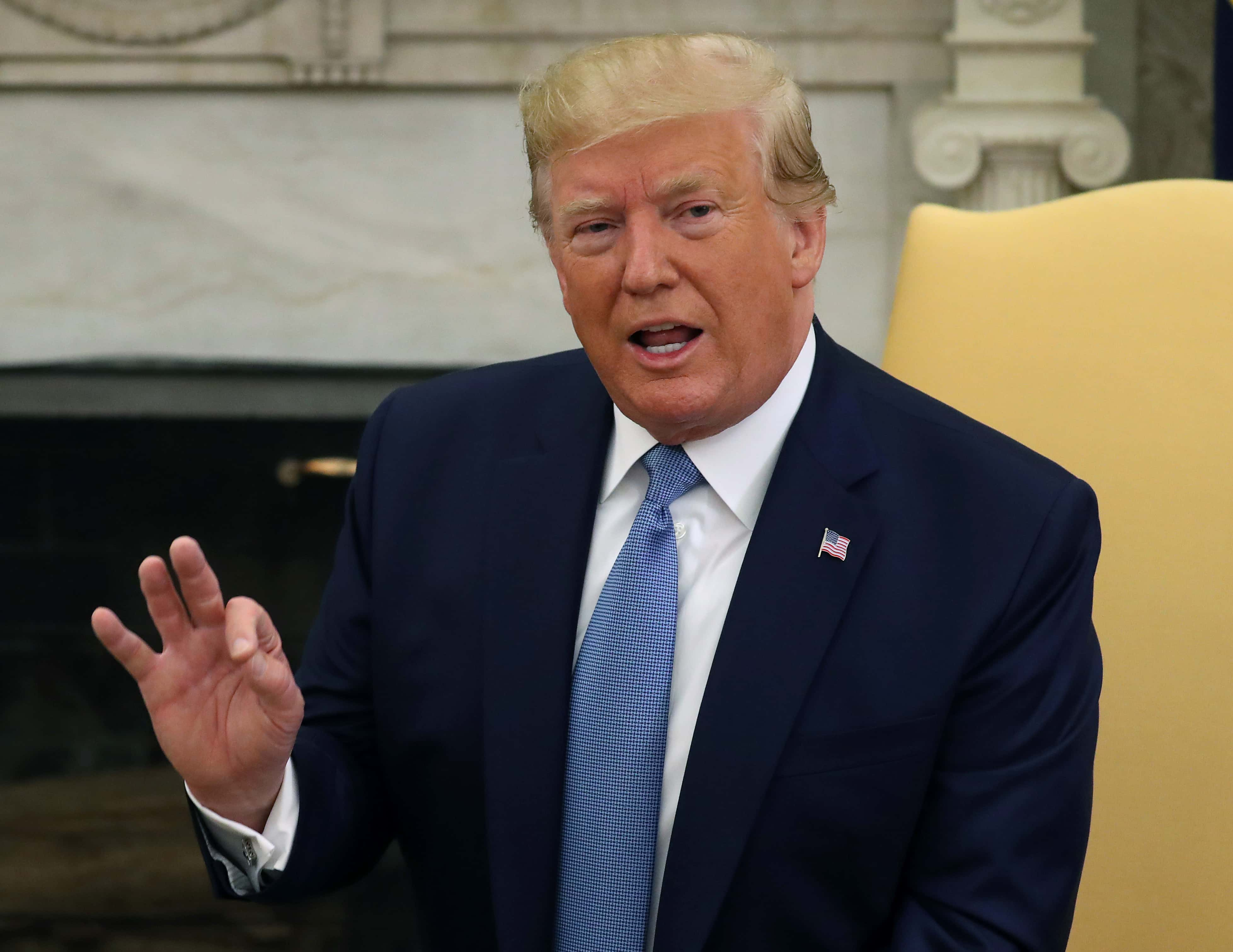Violence Against Women: How 'woke misogynists' commit subtle acts of sexist cruelty saying 'not in my backyard'

Violence against women is a global issue and one that has been ongoing for centuries. In the 21st century, there is more awareness, yet, every year 66,000 women are violently killed globally, accounting for approximately 17% of all victims of intentional homicides. MEA WorldWide's (MEAWW) Violence Against Women campaign will examine different aspects of the issue and society's role in addressing it.
In July 2020, the #BlackAndWhiteChallenge took over social media as women across the world put up black and white selfies to signify women supporting women. It was not until after the challenge went viral that many began to learn the significance behind the challenge which was focused on femicide in Turkey. While the challenge did not originate to commemorate the women who were killed in Turkey, many began to associate #ChallengeAccepted with the rising number of women killed in Turkey in the aftermath of the implementation of lockdown measures.
It is not just Turkey that has reported an increase in violent acts against women during the lockdown implemented amid the coronavirus pandemic. France, Australia and other countries reported an increase in instances of domestic abuse as well. With lockdown intensifying alcoholism and mental health issues, victims were trapped within the confines of their homes during the lockdown. Research shows that a forced domestic life and isolation only provokes domestic violence within the household, considering other factors like financial instability and unemployment, which the pandemic has inevitably caused.
According to the United Nations, an estimated 35% of women worldwide have experienced either physical and/or sexual intimate partner violence or sexual violence by a non-partner (not including sexual harassment) at some point in their lives. Of the 87,000 women who were killed in 2017 globally, more than half (50,000 or 58%) were killed by intimate partners or family members, meaning that 137 women across the world are killed by a member of their own family every day. More than a third (30,000) of the women intentionally killed in 2017 were killed by their current or former intimate partner.

Often violence is easy to recognize, especially when there is physical evidence such as bruises. But, violence against women goes beyond the physical barrier — abusive language and behaviors also constitute and build up to larger violent acts. One big example of this is the 45th President of the United States, Donald Trump himself. Who can forget the Access Hollywood tape where Trump was heard saying, "I don't even wait and when you're a star, they let you do it. You can do anything.... Grab them by the p***y. You can do anything." After the tape was released, he said, "I have great respect for women. Nobody has more respect for women than I do." However, Trump's proclamation of "great respect" is not one that is reflected in his administration's policies.
It is easy to push this aside saying that not all men are like that. In fact, people tend to blame instances of sexual violence on male individual characteristics and do not understand that violent behavior is pervasive, even in minor forms. This phenomenon is called "not in my backyard" (NIMBY) and often signifies an individual's opposition to implementing changes because they believe they neither perpetuate the causes nor suffer from the effects.
Take the case of the "woke misogynist" for instance. The term was coined by Nona Willis Aronowitz, who wrote that the woke misogynist "is a guy who talks a big game about gender equality and consent, uses vocabulary like 'triggering' without rolling his eyes, wears a p***y hat to the Women’s March, prefers to f**k feminists and may freely call himself one, too — then turns around and harasses you, assaults you, or belittles you."
A good example of this is The New York Times article by Sam Polk who proposed that the way to end gender inequality in the workplace is for "men of status" such as "hedge fund founders" to speak about women with respect. While the misogyny in the statement may not be obvious, it comes from placing men in the position of protectors of women, thereby denigrating women as vulnerable. This perception of vulnerability is what enables many men to commit acts of violence against women, often thinking that they have a right to.

The "woke misogynist" is not a one-off occurrence. In fact, such men are so popular that 'Saturday Night Live' even made a popular sketch on the phenomenon. Titled 'Girl at a Bar', the sketch shows a woman sitting alone at a bar who is repeatedly approached by men who proclaim themselves feminists through their p***y hats and feminist T-shirts. However, when the woman does not respond to their sexual advances and rejects them, these men become angry, calling her a "b**ch" and complaining that "it's not fair".
Think of the sexual misconduct allegations against Aziz Ansari, when a woman said Ansari had pressured her into having sex while on a date at his apartment, leaving her distraught and crying when the encounter was over. When Ansari responded to the allegations, he said that the pair engaged "in sexual activity, which by all indications was completely consensual," and that he was "surprised and concerned" when he heard of the woman's account.
So how can this phenomenon be addressed? Nian Hu wrote for The Harvard Crimson that "allyship entails consciously ceding space to marginalized communities, listening to women’s voices, and willingly giving up the power that they and their ancestors have enjoyed for centuries." Research shows that men interrupt women more, men dominate classroom discussions, and men are granted more space in print and online publications. So if men want to address these concerns, they need to actively pay attention to how they participate in public and in private, and, of course, refrain from mansplaining.
If anything you read here makes you want to talk to someone, call 1-800-799-SAFE (7233). Individuals who are Deaf or hard of hearing may use TTY 1-800-787-3224. Additionally, advocates who are Deaf are available 24/7 through the National Deaf Hotline by video phone at 1-855-812-1001, Instant Messenger (DeafHotline), or email (nationaldeafhotline@adwas.org). If it's not safe for you to call, you can use a live chat service here.










